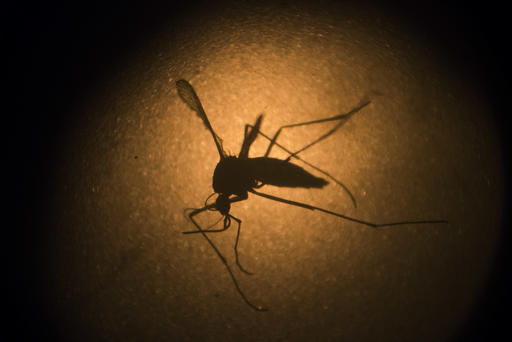State health officials have confirmed two new travel-associated cases of Zika virus in Arizona residents.
The people who tested positive are unidentified young adults who live in Maricopa County — one male and one female, the Arizona Department of Health Services confirmed Friday.
Both had traveled outside the U.S. to a Zika-affected area, said Jessica Rigler, who is chief of the state’s bureau of epidemiology and disease control.
State health officials on Friday would not say specifically where they had traveled, nor whether the female is pregnant. The first travel-related case of Zika in Arizona was confirmed, in a Maricopa County woman, in March.
Zika is a flavivirus transmitted by the bite of a mosquito. It was first identified in Uganda in 1947. In 2015, Zika virus circulation in the Americas began in northeastern Brazil.
A link between the virus and birth defects among infants of infected mothers has been identified. Most people infected with the Zika virus don’t become ill and those who do have symptoms that may include fever, rash, joint pain and conjunctivitis, the U.S. Centers for Disease Control & Prevention says.
Currently, outbreaks are occurring in many countries.
The CDC on Friday reported that it is monitoring 279 pregnant women living in U.S. states and its territories who have shown laboratory evidence of a possible Zika infection.
The CDC says its top priority for the Zika response is to protect pregnant women and their fetuses.
The latest CDC numbers show 544 travel-associated cases in the U.S. as of May 18, and no locally-acquired vector borne cases.
For more information on Zika in Arizona, visit azhealth.gov/zika





